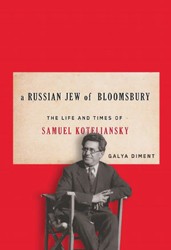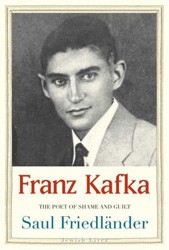J. Michael Lennon’s authorized biography of Norman Mailer is free from the sycophancy that often attends such projects. Mailer himself readily admitted to and sometimes celebrated his warts. His biographer’s unrestricted access to resources not previously drawn upon has resulted in a towering, balanced portrait of the man, his achievements, and his shortcomings. Mailer told Lennon to “put everything in.” This could be dangerous advice, but it was the same advice that Mailer usually gave himself in his drive to craft comprehensive responses to complex questions.
Lennon captures Mailer’s enormous drive to master his craft, to experiment with form and genre, to build a reputation, and to contend with the large issues of his country and culture for six decades. This biography is not only indispensable for students of Mailer, but also for anyone interested in taking the pulse of the United States through those decades. More and more, Mailer put himself on the stages of literary and political history, shaping both through his participation and shaping our collective memory through his influential, if sometimes abrasive, representations.
The book is fascinating throughout. All readers will benefit from Lennon’s treatment of Mailer’s writing process, his compulsive philandering, his often crass self-promotion, his unexpected discipline, his capacity for violence, his attraction to and sympathy for criminals, his relationships with his many children and his peers, and his risk-taking in all areas of life and art.
Compelling, too, is Lennon’s portrait of Mailer’s role as a public intellectual, a biographer/interpreter of cultural icons (Marilyn Monroe, Pablo Picasso, Lee Harvey Oswald), and as a man whose self-created persona included a dynamic of dualism. It’s not so much that Mailer had a double life, as the title suggests, but rather an identity founded in the energy of contesting opposites. Mailer found this notion of himself to be, as well, a way of looking at humanity in general and at the character of American civilization.A restless man who thrived on confrontation, Lennon’s Mailer aspired to be a master of theater and film as well as several branches of literature including a few that he helped establish (personal journalism, nonfiction novel). The biographer’s detailed, lively treatments of Mailer’s frustrations as a playwright, screenplay writer, and director are among the book’s many delights. Mailer did, in fact, have a few qualified successes in these areas.Though Lennon captures the strands of Jewish cultural identity in Mailer’s complex personality and self-awareness, these strands are only a minor element in the dazzling weave of his subject’s multifaceted being.
Acknowledgments, appreciations, bibliography, index, notes.
Philip K. Jason is professor emeritus of English at the United States Naval Academy. A former editor of Poet Lore, he is the author or editor of twenty books, including Acts and Shadows: The Vietnam War in American Literary Culture and Don’t Wave Goodbye: The Children’s Flight from Nazi Persecution to American Freedom.





